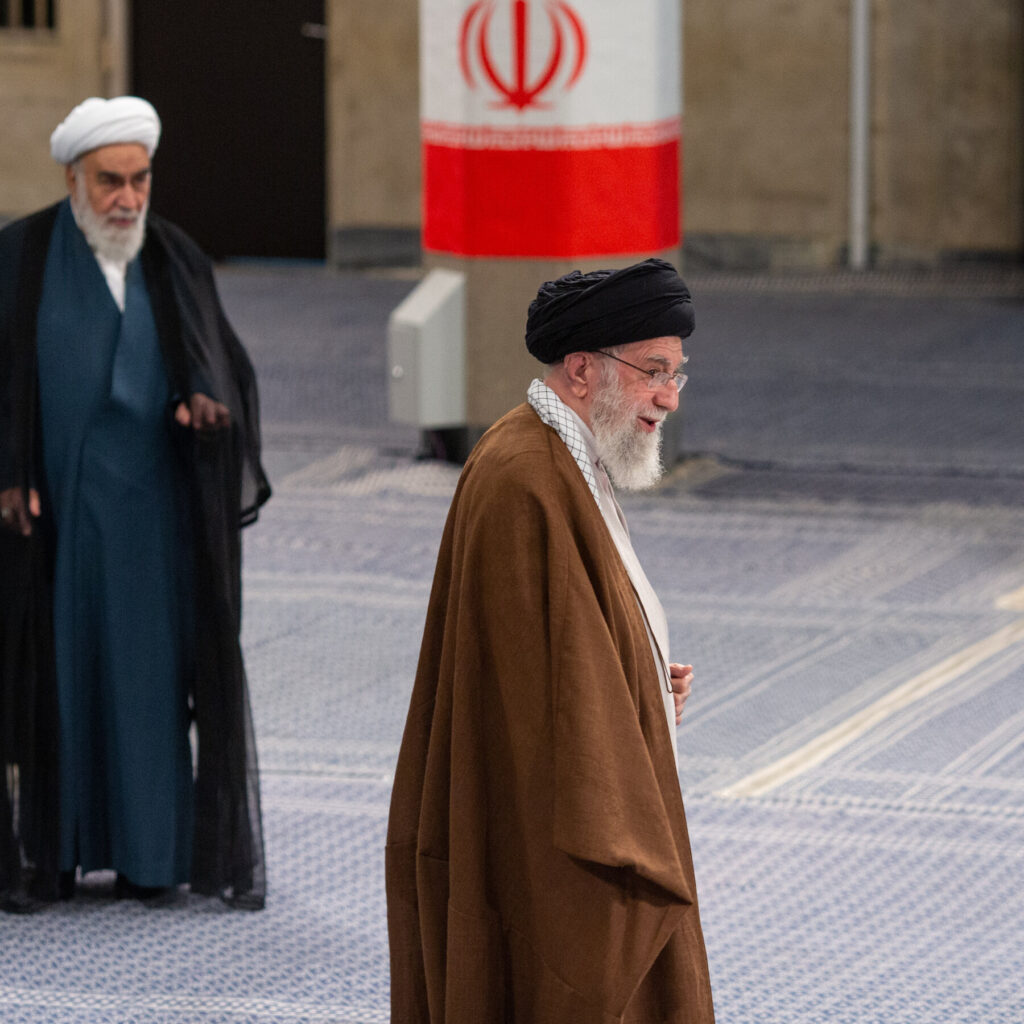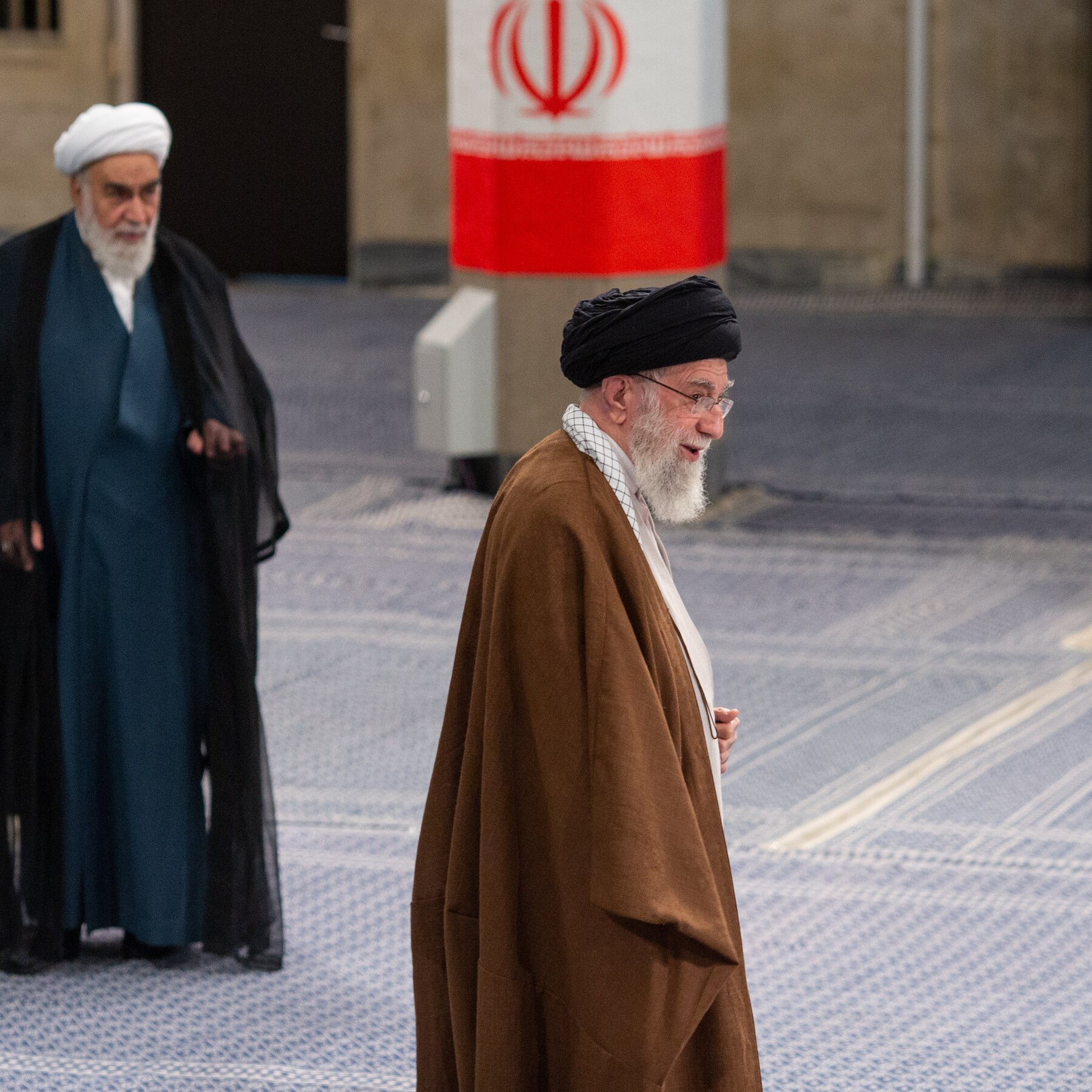In a defiant address, Iran’s supreme leader rejects Trump’s call to surrender.
In a defiant address, Iran’s supreme leader rejects Trump’s call to surrender.

Read the full article on NY Times World
Truth Analysis
Analysis Summary:
The article appears mostly accurate based on the provided sources. The main claim that Iran's Supreme Leader rejected Trump's call to surrender is supported. However, there's a slight bias in framing the situation, potentially emphasizing the "defiant" aspect.
Detailed Analysis:
- Claim:** Iran’s supreme leader rejects Trump’s call to surrender.
- Verification Source #2: Supports this claim, stating "After Trump's 'surrender' warning, Khamenei issues defiant message."
- Verification Source #4: Supports this claim, stating "Iran's Khamenei rejects Trump's call for unconditional surrender."
- Verification Source #1: Supports this claim, as the title mentions Trump's call for Iran's 'Unconditional Surrender'.
- Claim:** Implicitly, that Trump called for Iran's surrender.
- Verification Source #2: Directly supports this, mentioning "Trump demands Khamenei's unconditional surrender."
- Verification Source #1: Supports this, as the title mentions Trump's call for Iran's 'Unconditional Surrender'.
- Claim:** The situation involves escalating tensions between Israel and Iran.
- Verification Source #1: Supports this, mentioning Israeli warplanes striking targets in Tehran.
- Verification Source #2: Supports this, mentioning the "Israel-Iran conflict".
- Verification Source #3: Supports this, mentioning Israel claiming to have killed a senior Iranian military official.
- Verification Source #5: Supports this, mentioning Iran-Israel air strikes.
Supporting Evidence/Contradictions:
- Agreement:** All sources agree that Trump called for some form of surrender from Iran and that Khamenei rejected it. Verification Source #1, #2, and #4 all support this.
- Agreement:** The sources also agree on the context of escalating tensions between Israel and Iran. Verification Source #1, #2, #3, and #5 support this.
- Lack of Coverage:** None of the sources provide the exact content of Khamenei's address, so the article's characterization of it as "defiant" cannot be directly verified, although the general context supports this interpretation.
- Potential Bias:** The word "defiant" suggests a negative connotation, implying that Khamenei's rejection was unreasonable or provocative. This is a subjective interpretation and contributes to a moderate bias.

